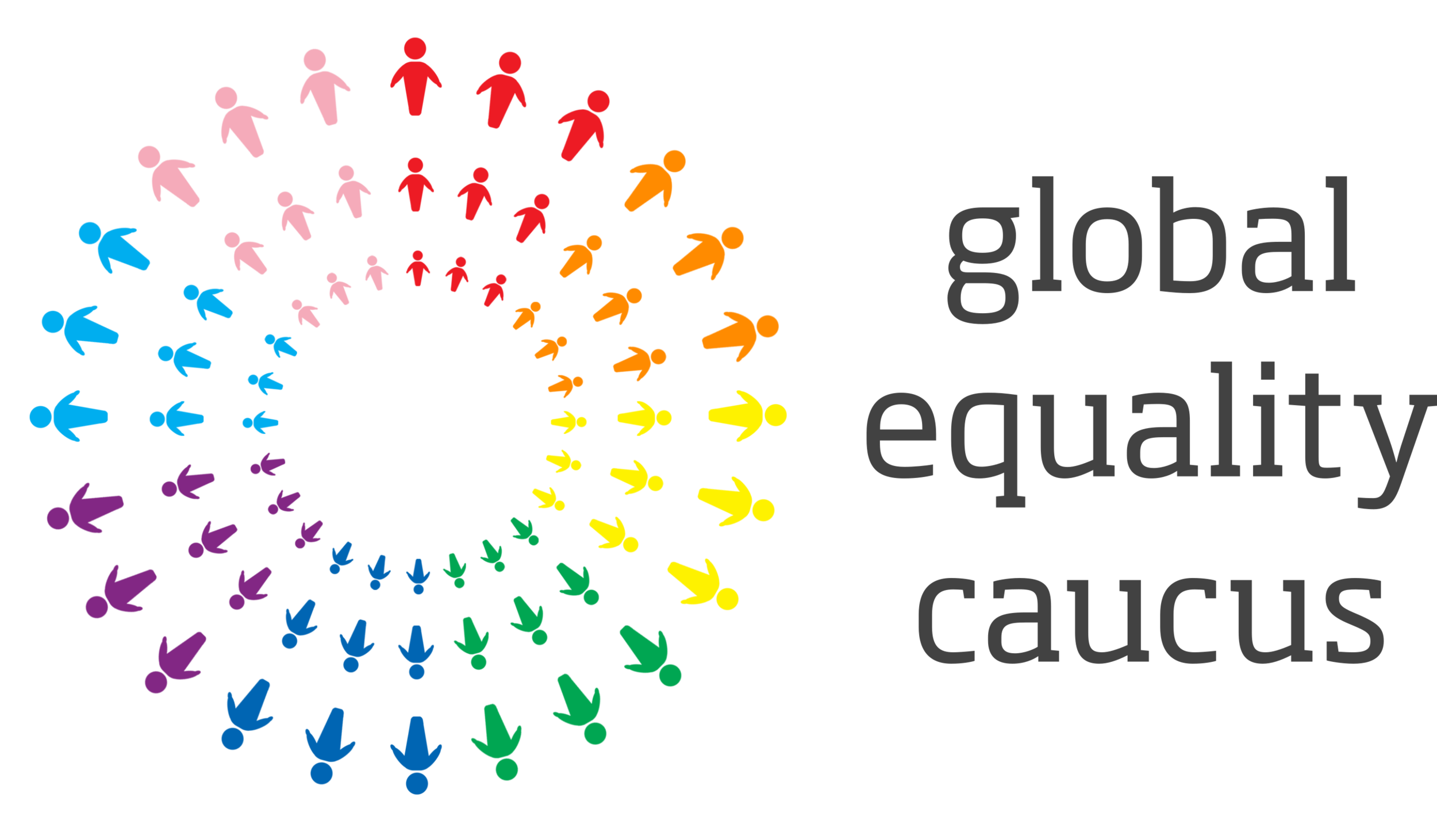Decriminalising HIV:
Strategies and best practice for legislators
A REPORT FROM THE GLOBAL EQUALITY CAUCUS
The HIV epidemic is now into its fifth decade. When the virus was first identified in the 1980s, scores of jurisdictions introduced laws that carried criminal penalties for HIV transmission, exposure and non-disclosure. Others have used general statutes – such as laws on assault, reckless behaviour and bodily harm – to criminalise people living with HIV, regardless of intent to transmit or risk of exposure.
Despite scientific advances such as antiretroviral therapy and pre-exposure prophylaxis, criminalisation persists globally. If we are to end the HIV epidemic, the answer will not come from the continued penalisation of people living with HIV. If the law continues to view HIV as a weapon instead of a public health concern then populations will continue to be disconnected from public health solutions. Marginalised communities in particular face inequities that will not be solved by criminalising a virus which is now a chronic, manageable condition rather than a terminal illness.
Legislators can play a key role in facilitating decriminalisation and establishing a framework that prioritises public health and individual rights. In jurisdictions that retain HIV-specific statutes, lawmakers can work together with experts and community champions to repeal, reform and modernise existing laws. Where general criminal law is applied, legislators can pressure governments to ensure prosecutorial guidance is proportionate, scientific, and respects rights and dignity.
This report collates expert insight and best practice examples on HIV criminal law reform. In a series of case studies from around the world, where some of the Global Equality Caucus’s members have led reform efforts, the report identifies several key lessons, takeaways and overarching themes for legislators to consider, including:
The importance of working with civil society groups, experts and community members when drafting new legislation
Communicating the benefits of reform effectively by centring public health solutions, scientific data, and economic impact
Building strong political alliances and cross-party relationships, deploying incremental strategies and patience when necessary
Decriminalising as part of a wider advocacy strategy that tackles the epidemic through prevention and treatment, addresses stigma and discrimination, and centres the human rights and dignity of people living with HIV
These themes are reflected in 10 Recommendations we propose for legislators, which can be downloaded using the buttons adjacent. The policy proposals are presented in full in the main report.

